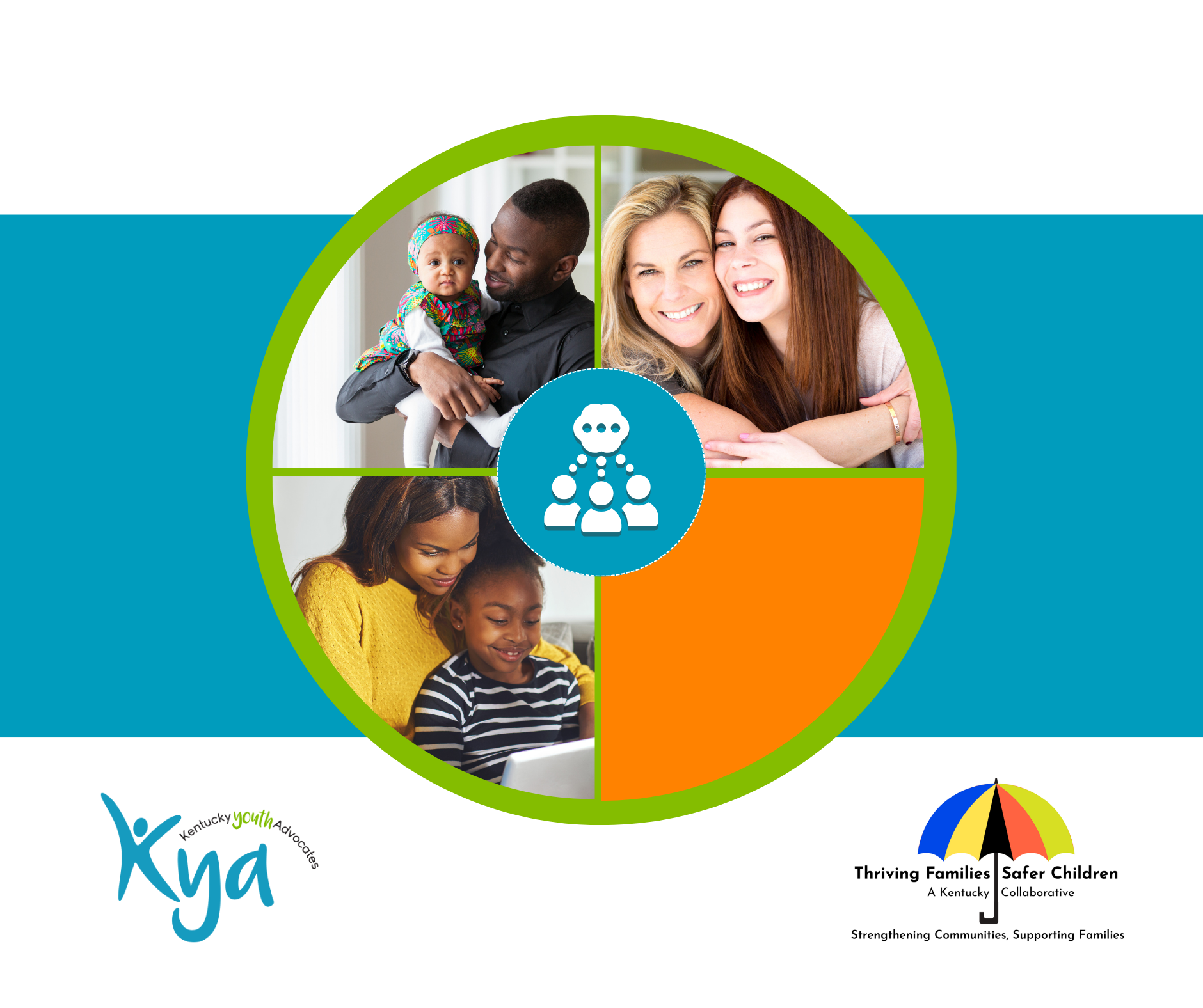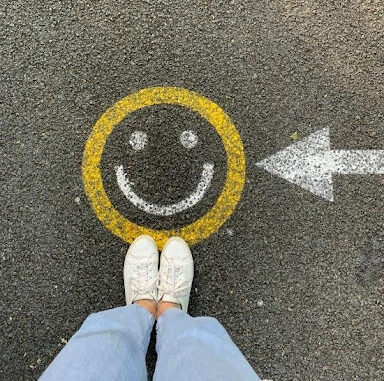By Beatrice Roussell

I was sitting in the trunk of my car – 6 feet away from two of my best friends – eating McAllister’s. They looked at me with admiration and asked, “How are you doing?” I knew what they were referring to: my eating disorder. As someone who is in recovery from a severe eating disorder (ED), the idea of quarantine sounded like a relapse danger-zone. With so much time and not a lot to do, ED thoughts can get loud. And with no friends or events to distract me, ED thoughts can turn into behaviors.
As I am three years along in recovery and have such a strong support system in place, I have been able to push through and continue on my path to freEDom. But for many teens – including those who do not have an eating disorder or mental illness – this period of time has been extremely taxing on their mental health. The idea of quarantining and social distancing – especially without knowing the end-date – has been daunting for many.
The fear that COVID-19 has evoked, combined with stress of school and the loneliness of being stuck at home, has contributed to many teens feeling a multitude of emotions: anger, confusion, sadness, anxiety, stress, fear. In addition, the American Psychological Association stated that the stay-at-home orders and isolation can induce several health risks: “poor sleep, poor cardiovascular health, lower immunity, depressive symptoms, and impaired executive function.”
Given that information, I know that many teens are struggling. As a member of StAMINA, the Student Alliance for Mental Health Innovation and Action (a Kentucky-based student organization) and someone who has prior experience with these mental health struggles, I wanted to give you all some tips on how to cope with this overwhelming experience.
It is crucial that you find ways to cope that are HEALTHY and work for YOU.
I have discovered the power of journaling; I have also turned to long walks or just going outside for some fresh air. One of my friends has found a new passion for yoga (she hit 45 days in a row!). There are many other ways you can relieve stress: taking a shower, petting your dogs, coloring, baking/cooking, watching TV, exercising, and more!
Other things that are important to keep in mind are establishing routines (finding a temporary new normal), combating boredom (I know it’s hard, especially two months in), and staying connected. We live in a world where anyone is a call away. And while it is not the same as seeing someone in person – the power of talking to others through any means (phone calls, Zoom, letters, emails) should not be minimized.
As Governor Beshear always says: “we will get through this together.” And we will come out stronger! #TeamKentucky
Helpful Links:
- StAMINA Youth Mental Health Discussion Cards
- Brain Waves Podcast
- 30 Days of Yoga on YouTube
- Coloring Pages
- “Calm” app
- “Headspace” app
Beatrice Roussell is graduating from duPont Manual High School and is a member of StAMINA (Student Alliance for Mental Health Innovation and Action) and Louisville NAMI (National Alliance for Mental Illness) Youth Council.






This is such a wonderful article and will be helpful to many! I’m so proud of Beatrice and everything she does.